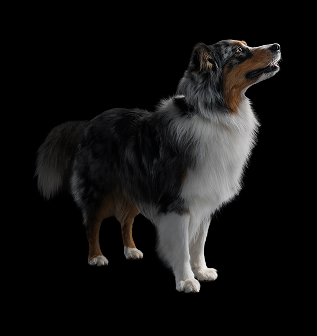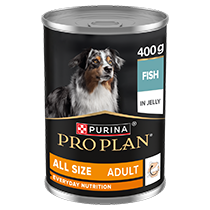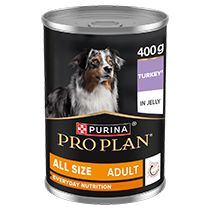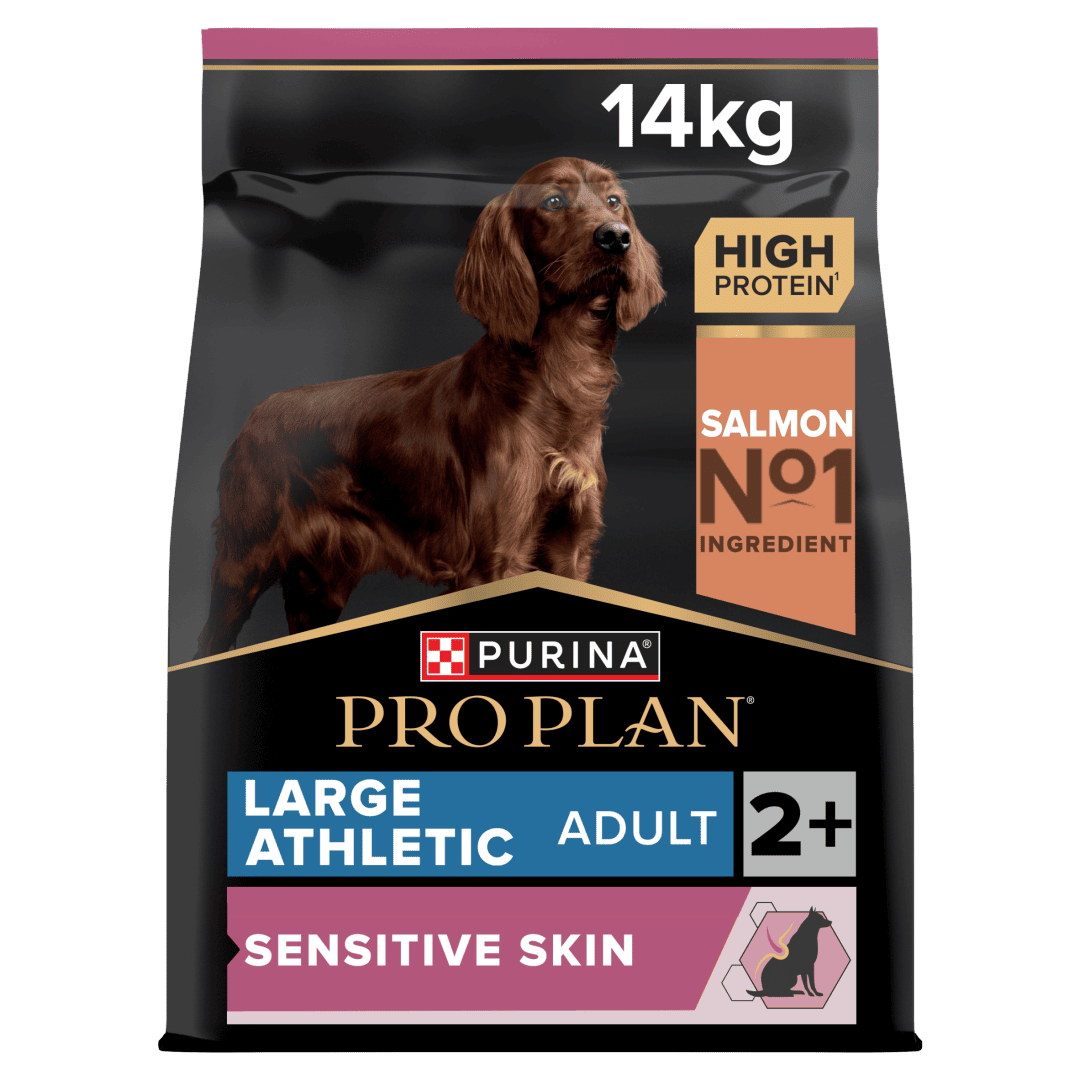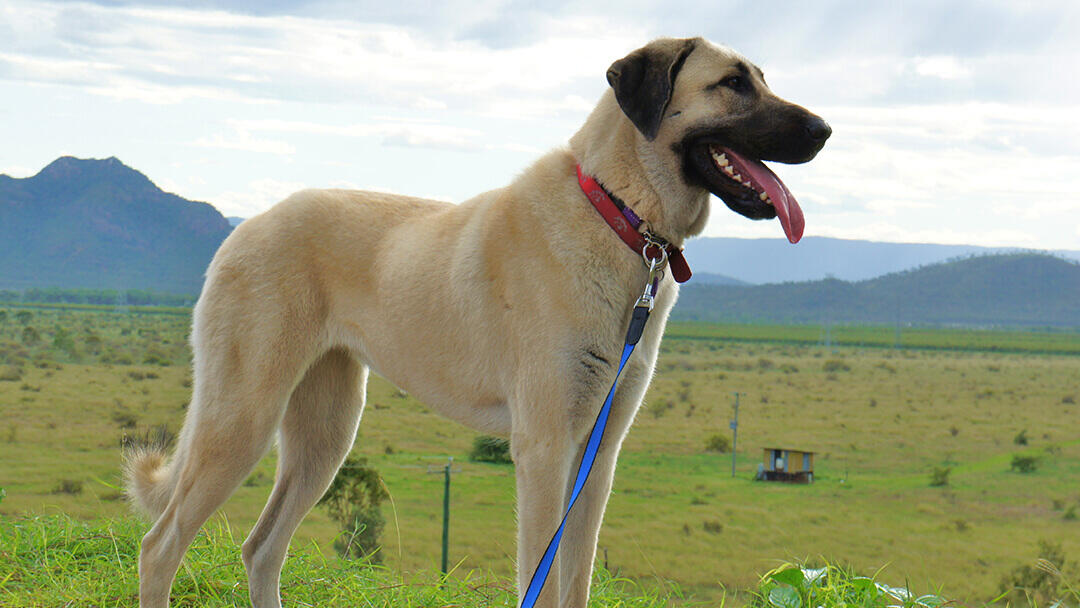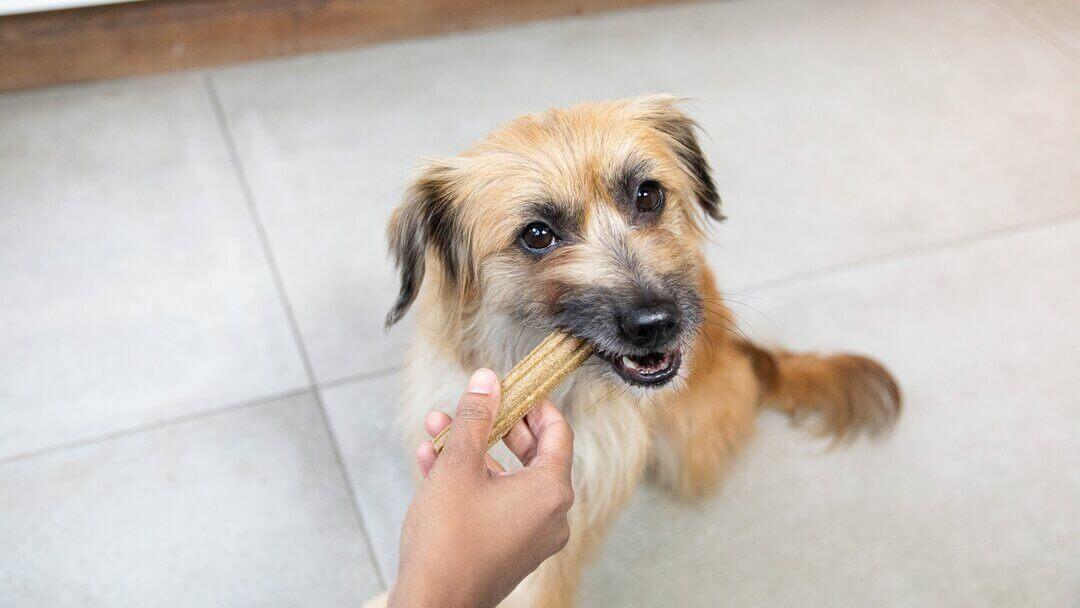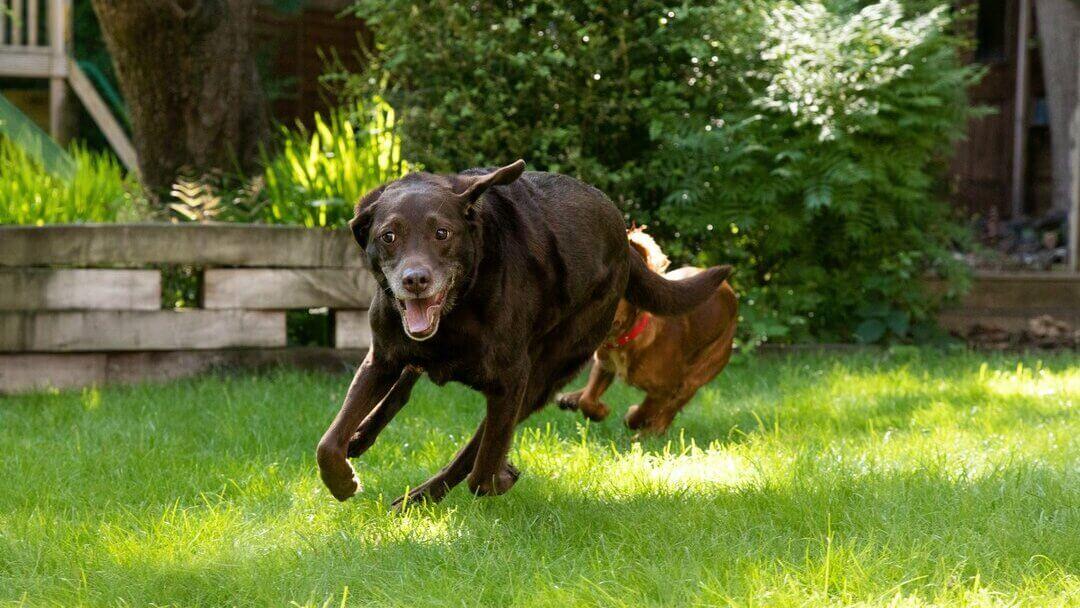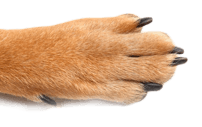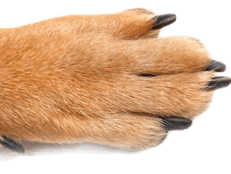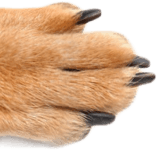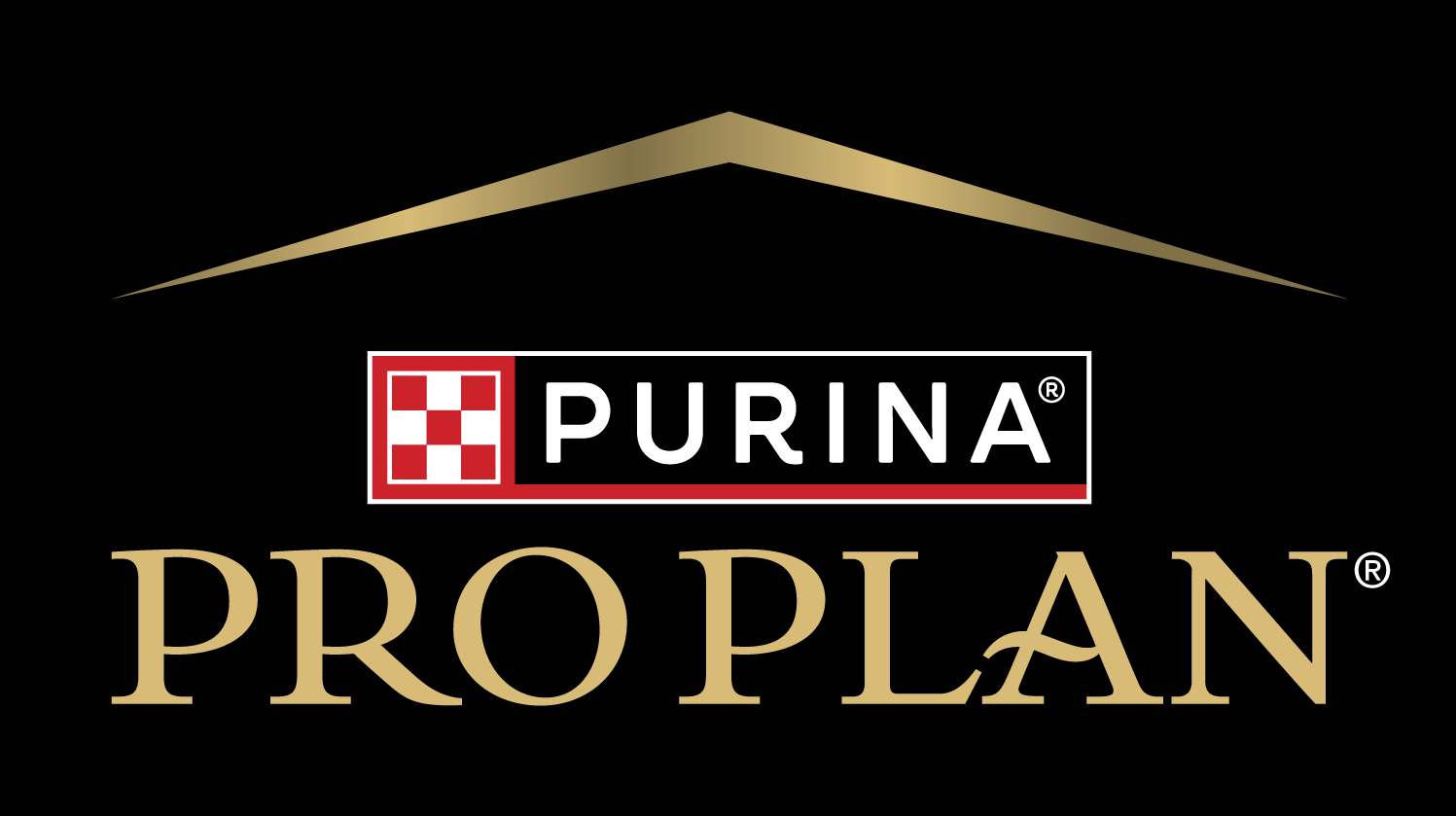


Pomeranians are one of the most popular toy dog breeds and it’s easy to see why with their larger-than-life personalities and cuddly looks. However, their popularity has also led to some common health issue in Pomeranians which can perhaps, in part, be attributed to irresponsible breeding practices.
Keep reading to find out about health problems in Pomeranians which can affect the breed and how to reduce the risk of purchasing a puppy that’s predisposed to certain conditions.
Common health issues in Pomeranians
Pomeranians are currently classed as category two by the UK Kennel Club which means that they have particular points of concern which, if they become exaggerated, may affect the breed in the future. The most common health problems in Pomeranians are described below.
Collapsed trachea
A collapsed trachea is a very common health issue in Pomeranians which is due to the fact their neck and windpipes are very small. The condition can either be inherited or it can be the result of wearing a collar and pulling on the leash which puts pressure on the windpipe and can cause it to collapse.
For this reason, you should only walk your Pomeranian in a harness as this reduces the risk of them suffering a collapsed trachea. Because this problem can be inherited, it’s important to purchase your puppy from a reputable breeder. They’ll ensure dogs that suffer from this condition aren’t used for breeding in order to reduce the risk of the problem being passed onto puppies. If your dog experiences a collapsed trachea, you’ll likely see symptoms such as honking noises, coughing, wheezing, and difficulty breathing. The condition takes a lot of veterinary management to treat and may require medication and, in extreme cases, surgery to stabilise the windpipe.
Patella luxation
Patella luxation is a common condition affecting small breeds in which the kneecap temporarily slips out of place before popping back in. It’s caused by abnormal bone formation but can also occur as a result of an injury. If your Pom has this problem, you may spot them ‘skipping’ or sometimes running on three legs and then using four legs as if nothing had happened.
Patella luxation is typically graded from one to five with the less serious cases typically not requiring treatment, whereas surgical repair may be needed if your dog has a higher grade.
Hypoglycaemia
This is a common health issue in Pomeranians which typically affects small breed dogs or puppies aged under 3 months. This problem is caused by a sudden drop in blood sugar levels. Symptoms can come on very suddenly and will display as weakness, lack of appetite, coordination difficulties, shaking, twitching muscles, and seizures. Most cases of hypoglycaemia are caused by improper feeding which may be because you’re not feeding your pet enough or that the diet you’re providing is poor quality.
Reverse sneezing
Reverse sneezing occurs when air is rapidly and forcefully inhaled through the nose which results in snorts that can sound like hacking or honking. It’s caused by an irritated larynx or palate area which causes muscle spasms in the pharynx. It can be the result of nasal irritation, an allergic reaction, or the presence of irritants in the air such as smoke, pollen, or perfume. In most cases, reverse sneezing will stop after a few moments, but if you’re concerned or if it seems to be happening fairly often, speak to your vet. If they suspect it’s due to an allergy, they may prescribe antihistamines.
Cataracts
Cataracts is a health problem in Pomeranians which many toy breeds are more predisposed to. This condition causes the eyes to become cloudy (they’ll often turn grey or white) which prevents the light from passing through the lens and projecting an image onto the back of the eye (retina), thus reducing vision. There are many different causes behind the condition including old age, diabetes, and other eye diseases. The issue can also be hereditary and so it’s very important for potential parents to be screened under the Eye Scheme and that dogs with cataracts aren’t bred from.
Symptoms aren’t always obvious and tend to develop slowly over a long period of time. However, you’ll likely see a cloudiness or grey tinge develop over the eye and a loss of vision, and your dog may start bumping into things. Early detection is vital to helping your pet, and in some cases, surgery may be an option to remove the cataracts.
Distichiasis
Some Pomeranians have long, full eyelashes which can make them look very cute, but it can also cause them problems. Distichiasis is where the lashes are either too long or develop in an abnormal location and poke into their eye, causing discomfort. The condition can be very uncomfortable and in severe cases it can cause damage to the surface of the eye and lead to the development of corneal ulcers.
If the eyelashes are causing irritation, treatment may be carried out in the form of ocular lubricants to reduce irritation, plucking to remove extra eyelashes, electrolysis to destroy hair follicles and prevent regrowth, or cryotherapy which involves freezing and destroying the hair follicles.
Black skin disease
Also referred to as alopecia X, black skin disease is a common health issue in Pomeranians in which they slowly lose all their fur. It begins with the coat getting thinner and eventually, they’ll lose patches which exposes dull and dry looking skin. Over time, as this skin is exposed to the air, it becomes discoloured and blackened, hence the disease name. This condition typically begins in the area around their tail and back legs. The causes of the disease are unknown, but it’s thought that it may be linked to hormone imbalances, allergies, obesity, and other genetic factors. The disease is painless, and treatment varies from dog to dog, but the overall goal is to re-grow the coat and prevent further hair loss.
Preventing health problems in Pomeranians
The health issues in Pomeranians listed above are conditions that the breed is more predisposed to. However, there’s no guarantee your pet will get these diseases, they’re just more at risk for them. In order to reduce the risk of your dog getting these issues, you should always ensure that you purchase puppies from a reputable breeder that’s knowledgeable and cares about the future and welfare of the breed. Responsible breeders will ensure that all the necessary screenings and tests are done on breeding dogs to reduce the risk of inherited issues.
Once you’ve got your puppy, keep them happy and healthy throughout their lives with a complete and balanced diet, adequate exercise, and regular vet check-ups. These are the most common health issues in Pomeranians to keep on the lookout for. If you want to find out more about breed-specific health, read our guide on the common health problems in Chihuahuas, next.

Explore our dog brands:
Related articles:




